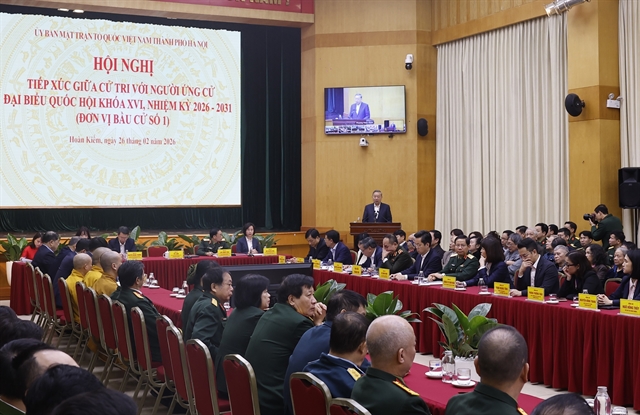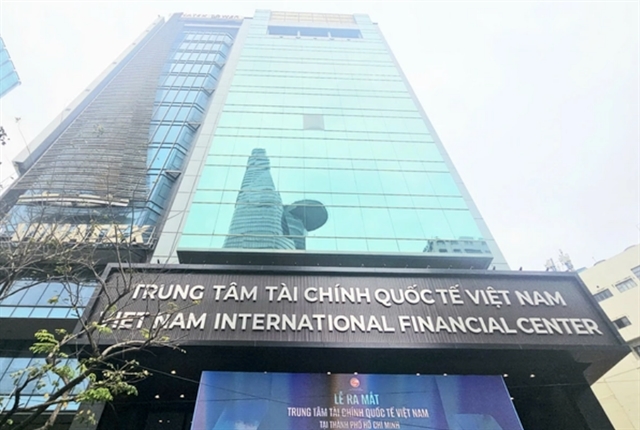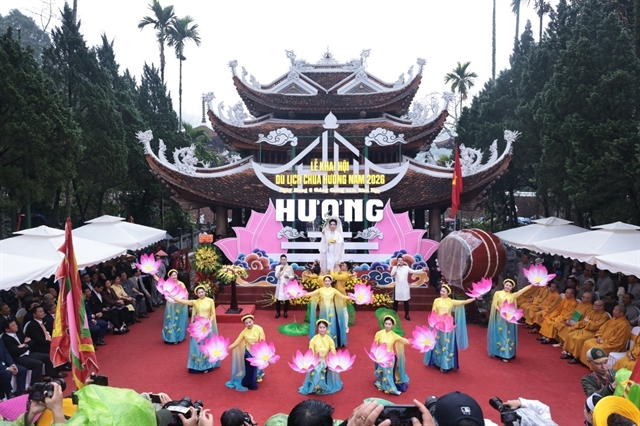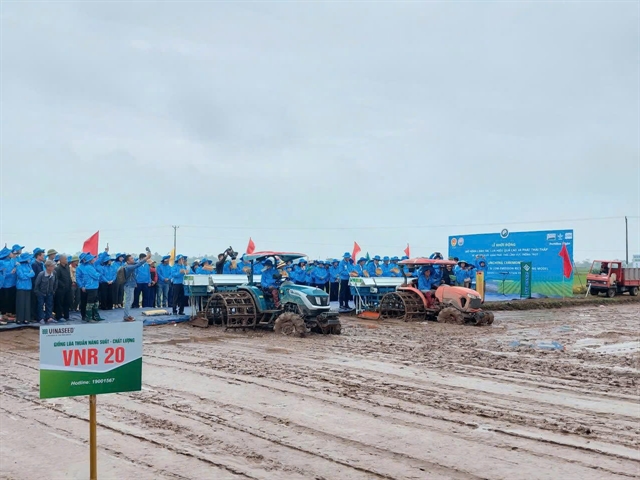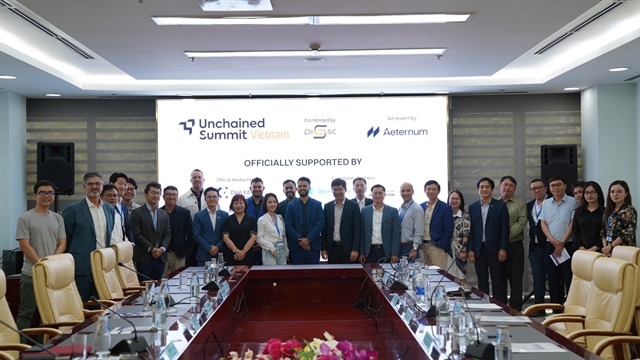 Economy
Economy

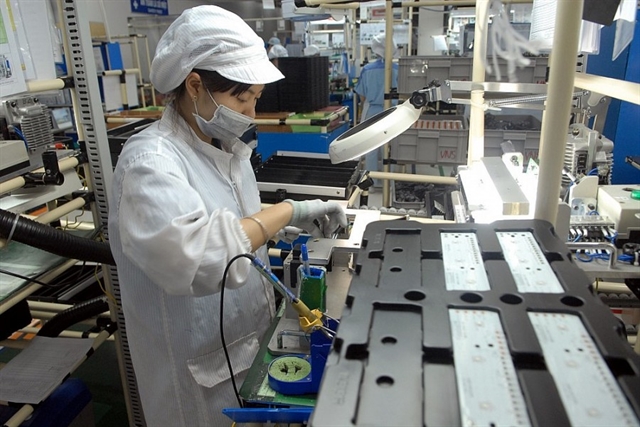
|
| This year, Hà Nội aims to have about 920 enterprises in the supporting industries. Photo baochinhphu.vn |
HÀ NỘI — The capital city of Hà Nội has set up many solutions to develop other supporting industries, aiming to increase the municipal supporting industry development index.
Accordingly, Hà Nội’s authorities will connect and support enterprises of the supporting industries to become component suppliers of domestic and foreign enterprises.
The city will attract foreign investment in this field and support the enterprises in applying management systems under the requirements of global production chains.
It will also support them in the research, development, application, transfer and innovation of technology in producing components, spare parts and materials.
In addition, the city will build an information system and disclose information about the annual development of supporting industries.
Over the years, Hà Nội has recorded encouraging outcomes after years of implementing many programmes, plans, mechanisms and policies for supporting industry development.
Hà Nội organised a supporting industry fair on August 24 for local businesses, provinces, cities, and foreign businesses to enhance advertising and connection among enterprises of the supporting industries and other industries.
According to a representative from the municipal Department of Industry and Trade, Hà Nội has seen a continuous increase in the quantity, scale and quality of the enterprises in the supporting industries.
Most of them operate to produce components and spare parts, products serving garment-textile and footwear manufacturing, and those in the high-tech industry.
Many firms boast production systems and products meeting international standards, making them join the global supply chains of multinational conglomerates.
However, because the capital’s supporting industries in the country were formed and developed later than other nations in the region, their growth process requires the right orientations, mechanisms, policies and solutions that are strong enough to keep pace with other countries.
At the workshop, the delegates discussed three main topics: localisation needs and the adaptation of domestic enterprises, digital transformation in production, and innovation trends that participated in the global supply chain.
Trần Thị Phương Lan, acting director of the municipal Department of Industry and Trade, said that in the development of the nation’s industrial sector, supporting industries played an important role because the supply of materials, spare parts, and semi-finished takes place domestically to ensure the initiative for the industrial sectors, and avoid dependence on imports and fluctuations of the global economy.
The growth of the supporting industries contributes to exploiting resources well, reducing imports, and limiting the export of resources and raw processed products. Its development makes increases the value added of industrial products and the ability to attract foreign direct investment, as well as develop a system of small and medium enterprises, Lan said.
Phạm Xuân Khánh from the Hà Nội Vocational College of High Technology said, at present, the competitiveness of Vietnamese youth is still limited when participating in the regional and international labour market.
Việt Nam’s trained human resources are mainly located in the processing and assembly stages of the production and business chain. At the same time, the number of highly qualified employees remains modest, he said.
To train the workforce to meet the demand of the labour market, Khánh has recommended that Việt Nam needs to standardise and develop the quality of teachers and administrators; renew training according to the smart school model; improve the input quality of admissions, and strengthen the connection between training and businesses.
According to the programme on developing the supporting industries of Hà Nội this year, the capital aims to have about 920 enterprises in the supporting industries, including 300 enterprises with qualified production systems and quality products supplying to the global production network of multinational corporations in Việt Nam.
Hà Nội expects to start construction of all 43 industrial clusters this year, providing thousands of hectares for enterprises to expand production in the next two years. VNS

